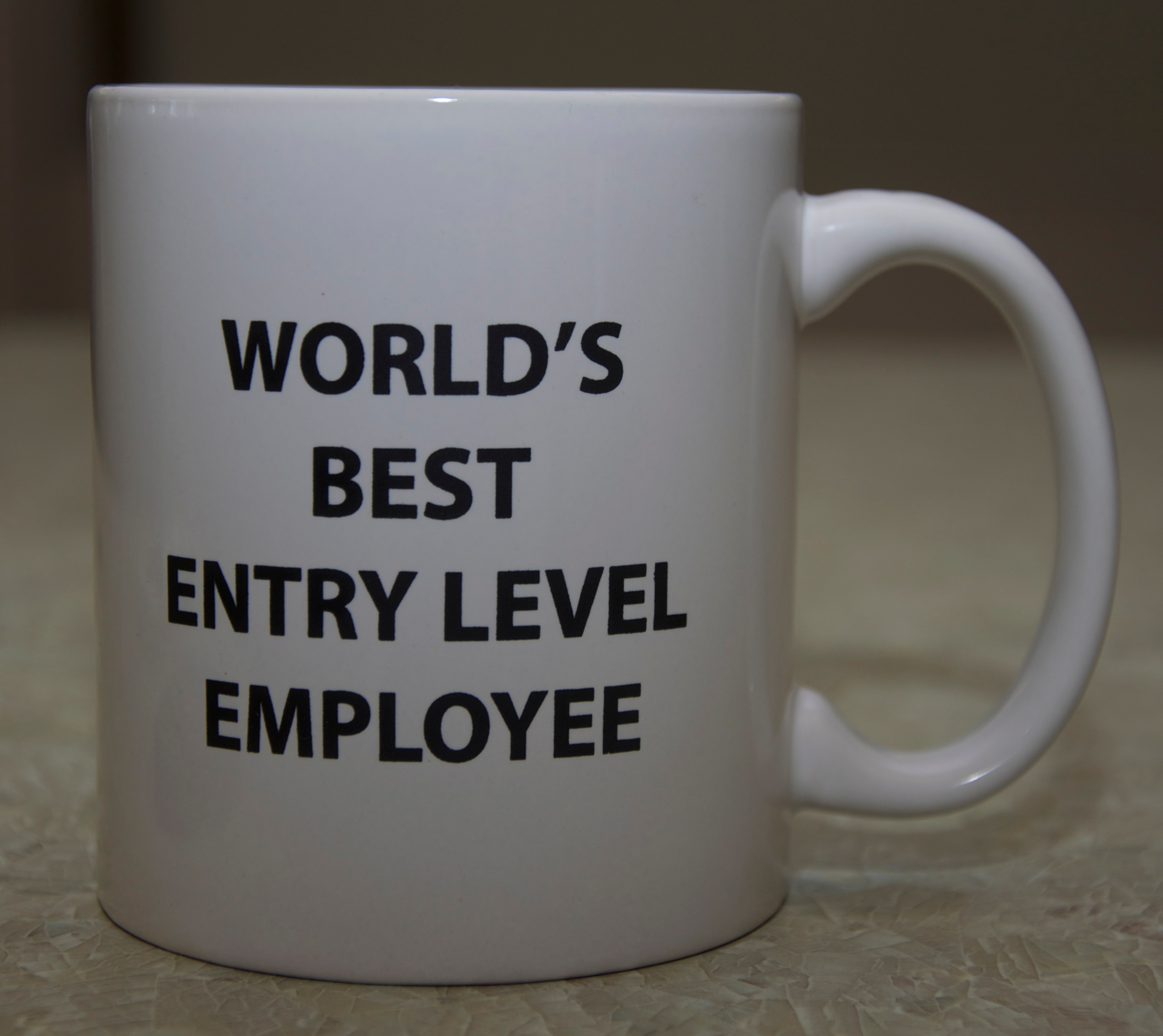
How to be Successful at Your Entry-Level IT Job
We all have to start somewhere and, for most of us, being new to the workforce means taking an entry-level job. Starting out at the bottom of the food chain can often feel daunting and disheartening. I mean, did you really spend four years studying computer science only to grapple with the complexities of a coffee machine? The important thing to remember is that it’s not forever and, while you’re on your entry-level journey, you might as well make the most of it! Here are the top three things you can try to elevate your experience:
1) Get to know yourself – College is often synonymous with self discovery but that doesn’t mean you have to stop there. Sure, you’ve learned your preferences for pizza toppings and your tolerance level for booze—hopefully—but entry-level jobs provide the opportunity for a different, arguably more important, form of self discovery. Take the time to be observant you’ll notice a lot about yourself. Are you the kind of person who needs to make lists to keep your brain organized in the office? Are you prone to slow, diligent work at a steady pace or faster bursts of inspired work with a lot of necessary breaks? Do you prefer independent projects or collaborative glory with a team? Figure out what you prefer at work and make note of it. If something doesn’t work for you at your current job you can make sure to avoid it when looking for your next one.
2) Build your skills – One of the most obvious things you need to do at your entry-level job is build your skills. This ties in closely with getting to know yourself because the only way you find out if you enjoy something is to try it. A little tip from me to you is to remember that, in most scenarios, you won’t be good the first time you try something. Practice makes perfect! Whether you’re learning a new coding language or improving the depth of your Photoshop knowledge, you should always reach out of your comfort zone. Volunteer to help with projects that intimidate you. If you don’t you’ll never learn anything new! Additionally you should keep tabs on job postings for your dream job. Everyone has some idea of what their dream job would be like, but it’s important that you obtain the required skills if you hope to eventually fulfill your dream. If there is someone in your workplace who has your dream job consider asking them to mentor you when they have free time. Make connections and keep branching out! That way, when you’re ready to move on it will be a breeze for you to find your perfect position!
3) Know when it’s time to leave – You need to stay at your entry-level position long enough to get to know yourself and build your skills but there’s a time when you need to move on. Seth Godin, the famous American author and public speaker says, “You should quit if the project you’re working on has a dip that isn’t worth the reward at the end”. I agree with Seth Godin to a certain extent; if your job is no longer rewarding you with newfound skills, job advancement or satisfying projects it’s hard not to leave it behind. However, to make your resume look better, you should try to stay in your entry-level job for over a year (unless you’re promoted from within, in which case, yay you!). At the same time don’t get stuck in your entry-level position out of comfort or fear of the future. Remember, you don’t have to resign as soon as you get the itch to move on, just start the search process!
Entry-level jobs are an important step in your career. After all, everything must begin somewhere! Make sure to get the most out of your first IT position by following the three steps above and reminding yourself that this is just the starting point, you’ve got a long way to go and so many directions to choose from. If you read the above and feel you’ve gotten the most out of your current position don’t be afraid to move on! When you’re ready, we at Camden Kelly Corp would be thrilled to help you navigate your way out of entry-level and into other exciting endeavors!
